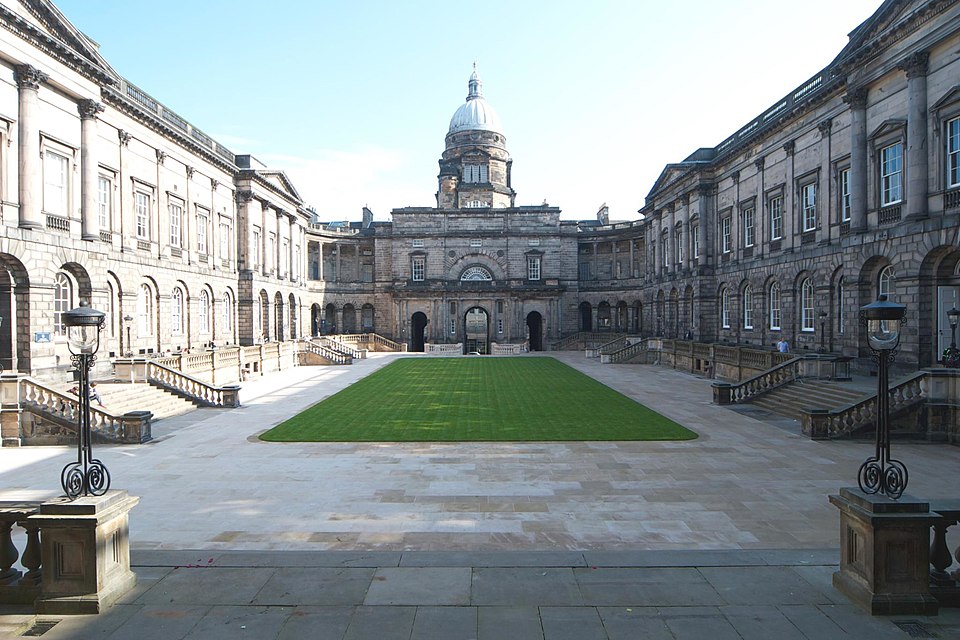
Scotland is set to become home to the UK’s most advanced supercomputer, thanks to a £750 million investment confirmed by the Chancellor during the latest Spending Review.
The new system will be based at the University of Edinburgh and will significantly boost the UK’s capabilities in artificial intelligence and scientific research.
This announcement follows the Prime Minister’s recent pledge of £1 billion to expand the UK’s AI computing power twenty-fold, unveiled at London Tech Week. The Edinburgh supercomputer is a key part of that vision, positioning the UK as a global leader in AI and innovation.
The new facility will give researchers across the UK access to cutting-edge computing power, enabling breakthroughs in fields such as personalised medicine, sustainable aviation, and climate modelling. It will operate alongside the AI Research Resource—an existing network of powerful supercomputers already being used to accelerate drug discovery and medical research.
The Isambard system, part of this network, was recently ranked among the top 10 most powerful publicly available supercomputers worldwide, and top 5 in Europe, according to the latest Top500 list. It also stands out for its energy efficiency, reflecting the UK’s dual commitment to technological advancement and clean energy.
Government and university leaders respond
UK Secretary of State for Science, Innovation, and Technology, Peter Kyle said:
“From the shipyards of the Clyde to developments in steam engine technology, Scottish trailblazers were central to the industrial revolution – so the next great industrial leap through AI and technology should be no different.
Basing the UK’s most powerful supercomputer in Edinburgh, Scotland will now be a major player in driving forward the next breakthroughs that put our Plan for Change into action”.
Chancellor of the Exchequer Rachel Reeves said:
“We are investing in Scotland’s renewal, so working people are better off.
Strong investment in our science and technology sector is part of our Plan for Change to kickstart economic growth, and as the home of the UK’s largest supercomputer, Scotland will be an integral part of that journey”.
Secretary of State for Scotland Ian Murray said:
“This is a landmark moment and will place Scotland at the forefront of the UK’s technological revolution. The £750 million investment in Edinburgh’s new supercomputer places Scotland at the cutting edge of computing power globally.
This will see Scotland playing a leading role in creating breakthroughs that have a global benefit - such as new medicines, health advances, and climate change solutions. This is the Plan for Change – delivering real opportunities and economic growth for communities across Scotland”.
Principal and Vice-Chancellor of the University of Edinburgh, Professor Sir Peter Mathieson said:
“This significant investment will have a profoundly positive impact on the UK’s global standing, and we welcome the vast opportunities it will create for research and innovation.
Building on the University of Edinburgh’s expertise and experience over decades, this powerful supercomputer will drive economic growth by supporting advancements in medicine, bolstering emerging industries and public services, and unlocking the full potential of AI. We look forward to working alongside the UK government and other partners to deliver this critical national resource”.
What’s next
The new supercomputer will far surpass the capabilities of the UK’s current national system, ARCHER2. Full technical details will be released in the government’s upcoming Compute Roadmap, due this summer. The roadmap will outline a strategic vision for the UK’s computing infrastructure, including plans to expand the AI Research Resource by 20 times by 2030.
The Department for Science, Innovation and Technology (DSIT) and UK Research and Innovation (UKRI) will oversee the project to ensure the system delivers strong value and meets the needs of UK researchers, industry, and public services. Photo by Theoden sA, Wikimedia commons.







































